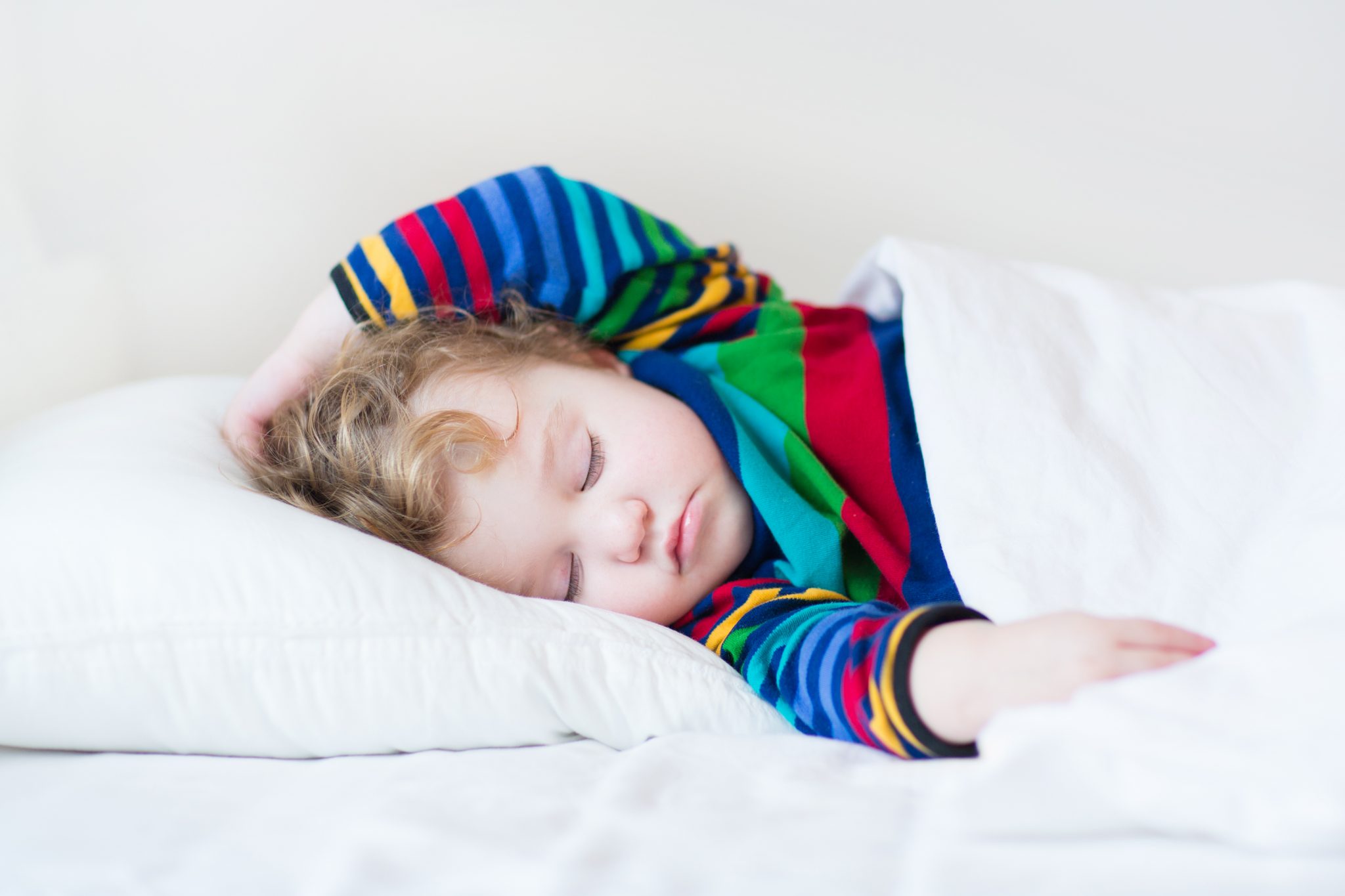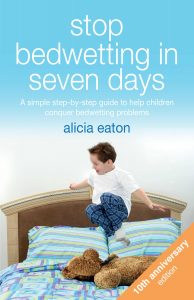
7 mistakes parents make with bedwetting children
Wet sheets, sodden pajamas and a tearful child. If this sounds familiar to you, don’t despair; you are definitely not alone, writes Dr. Alicia Eaton
It is estimated that upwards of 15% of Irish children suffer from bedwetting at some stage, or to use it’s medical term, nocturnal enuresis.
Toilet training is tough enough but nighttime dryness really is the Holy Grail for parents.
For most kids, nighttime ‘accidents’ usually taper off and resolve by about the age of 5, at which time most kids have managed to master the art of bladder control.
However, one in six kids will continue to struggle and for them, nighttime wetting can become a shameful secret.
Persistent bedwetting can be terribly stressful for the whole family.
You may have tried all the traditional solutions and some not-so-traditional ones to no avail so it will not come as a surprise that many of these actually exacerbate the problem.
Here are some of the main mistakes parents make with bedwetting children – and some practical advice to try and achieve those dry nights.
7 big makes parents make with bedwetting children
1: Not talking about the problem.
Bedwetting is an embarrassing problem for your child, so it makes sense not to make a big deal out of it.
But avoiding the topic altogether means your child won’t have a clear idea of what’s expected of them.
You’re bound to be disappointed if you allow things to plod along just as they’ve always done, hoping that miraculously your child will suddenly become dry.
Your child needs a clear set of instructions in order to move forward.
If the idea of a face-to-face conversation feels tricky, try having it when you’re driving in the car or walking side by side.
Fostering feelings of closeness will help you discuss tricky problems more easily.
2: Continuing to ‘lift’ your child.
For many years, parents were advised to carry a sleeping child off to the bathroom late in the evening just as they’re going to bed themselves.
It might sound like a good idea but by using the ‘lifting’ method you are doing the exact opposite of what you’re hoping to achieve.
You are actively training your child to release urine when they are half asleep and to need to pee in the middle of the night.
Habits develop very quickly and it only needs a couple of weeks of taking your child to bathroom at 11pm, for their bodies to automatically begin to expect this to happen.
However well intentioned, it’s not helpful, so best to avoid it.
3: Using pull-up pants or nappies after the age of 6.
Continuing to put your child in waterproof pull-up pants after the age of six blocks the vital mind-body connection that’s needed to stay dry at night.
Stay dry technology is now so good that your child’s skin won’t experience the feelings of wetness so essential for them to gain control of their body.
Messages need to be travelling between your child’s skin and the brain in order to control the bladder.
The pants offer no incentive for your child to stay dry at night and encourages them to see themselves as a bedwetter and believe there’s nothing they can do about it.
Rather than stopping suddenly, put a date in the diary for a few weeks’ time and tell your child that they’ll be able to stop using them soon. This may be enough to encourage them to keep dry at night.
4: Restricting fluids
Parents used to be advised to restrict their child’s drinks after a certain time in the day so the bladder would have time to empty itself by bedtime.
Seems like good advice, but too many children became constipated as a result which is a common cause of bedwetting (an overly full bowel will rest heavily on the bladder at night making it more difficult to control).
It’s best to make sure your child has plenty to drink during the day and gradually taper it off in the evening.
Many parents substitute drinks with fruit in the evenings but this is not always a good idea.
Fruits such as melon, strawberries and grapes act as a diuretic and will encourage your child’s body to release more water at night, not less.
It’s best to eat fruit in the mornings only if you’re trying to help your child learn how to stay dry at night.
5: Offering bribes and rewards
Most parents know that doling out punishments and getting angry are of no benefit when it comes to changing a child’s behaviour and should not be used.
If only it were that simple.
No child wants to hang on to a bedwetting problem.
If they could have stopped sooner, they would have.
And feeling unhappy and stressed only makes it harder to change.
So, it may surprise you to learn that bribes and rewards don’t help either.
On the face of it, offering a reward does sound like a good idea and may well make all the difference to your child’s level of motivation.
But rewarding and praising children has grown in popularity to such a degree that few of us stop to question whether it’s actually a good idea.
But studies show that when children expect or anticipate rewards, they can actually end up performing more poorly.
Their attention, focus and awareness needs to be on the ‘goal’ – keeping that bed dry at night.
Introducing the idea of new trainers or toys into the mix only serves as a distraction.
Once the habit has been broken, then it will be time for those treats.
6: Leave too many lights on at night-time
Many parents will say their child sleeps too deeply and that’s the reason for their bedwetting but the latest thinking is that these children are not sleeping deeply enough.
If your child is going to get up in the middle of the night to visit the bathroom you will want to leave some lights on.
However, sleep experts agree that night-lights are best switched off in the bedroom.
Your child will experience a deeper, better quality sleep if the room is dark and this alone may ensure a dry night.
7: Give up too quickly
Once you’ve had that vital conversation with your child about getting a plan in and decided on a course of action to take off pull-ups and stop lifting, stick with it.
It may be tempting to go back if your child has a run of wet beds, but you’ll be sending out a message that they can’t solve this problem alone.
Start to act like a detective and look for clues elsewhere.
Keep a diary and record what your child eats, what they did during the day, was it a school day or weekend, was their sleep disturbed.
Each time you have a wet or dry night you’ll be able to look back and see what they did in the previous 24 hours and this will be valuable information.
Alicia Eaton is a trained psychotherapist, and author of Stop Bedwetting in Seven Days published by Practical Inspiration Publishing.

To find out more click here.
Discover More
Recent Articles
Follow Us
Don't miss a thing, register to our newsletter!







 in Dublin
in Dublin